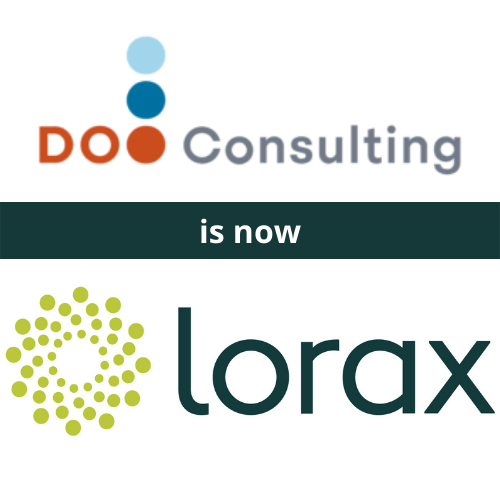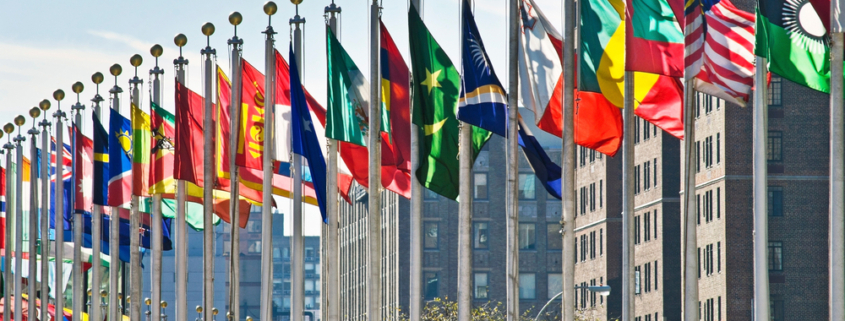All About Sustainable Development Goals
The Sustainable Development Goals (SDGs) are outlined in the 2030 Agenda for Sustainable Development adopted by United Nationals Member States in 2015. The 17 goals were drafted and refined in global partnership, and they recognize that the end of poverty and other deprivations must occur alongside strategies to improve health and education, encourage economic growth, and reduce inequality.
What Are Sustainable Development Goals?
The SDGs were adopted by leaders of 193 countries. Today there is a growing need for private sector businesses, municipalities, and NGOs of every size to act to advance progress toward these goals to transform the world and create a better tomorrow. Each goal contains specific timebound targets and associated metrics that guide organizations through their implementation. The goals include eliminating poverty and hunger; ensuring access to clean water and sanitation, clean, reliable, and affordable energy, decent work and economic growth; reducing inequality and increasing peace, justice, and strong institutions; establishing responsible consumption and production practices, sustainable cities and communities, resilient infrastructure and sustainable industrialization by fostering innovation; and urgent action to combat climate change and its impacts and conserve natural resources worldwide.
How Big Business Utilizes SDGs
The response to the SDGs from municipalities, non-profit NGOs, universities, and the private sector has been encouraging. Currently, there are over 9,500 business participants in the UN’s mission to achieve and exceed the SDGs. Over 66 million employees currently work in those companies, which shows the commitment that many big businesses have made to global health. As part of the Goals, ten principles were outlined in the UN Global Compact to promote corporate sustainability. The Ten Principles are designed to give businesses a practical framework that can be used regardless of size, complexity, or location.
As part of the UN initiative, many high profile companies have invested in The SDGs including:
- General Mills giving meals and food to food banks in vulnerable communities (Zero Hunger)
- Siemens encouraging communities to invest in sustainable and green economic solutions (Sustainable Cities and Communities)
- Nike utilizing recycled materials in its gear (Responsible Consumption and Production)
- Discovery Channel supporting clean oceans and reducing plastic in the water (Life Below Water)
The Value of SDGs to Small Businesses
Unfortunately, some small businesses see the involvement of big businesses in the SDGs and assume it means a great deal of money and other resources are needed to participate. While big business participation in sustainable development goals is excellent, small businesses have a critical role in supporting their local and global economies and communities. Many small businesses need to approach The Goals in a different manner, but that doesn’t mean they can’t make significant contributions to addressing the global environmental and social crises we face.
Sustainable development goals present an excellent business opportunity for small and medium-sized enterprises (SMEs). According to a study from the Business and Sustainable Development Commission, sustainable business models are projected to open up economic opportunities worth $12 trillion by 2030. By aligning their focus with The Sustainable Development Goals, small and mid-sized businesses could create an international boom of productivity and investments in sustainable infrastructure.
How Doo Consulting Utilizes SDGs into CSR Reports
Within every small business CSR report that Doo Consulting assembles, report results and recommendations are aligned with the relevant SDGs to which they contribute. This allows small business leaders to easily see how their actions impact global progress toward improving the lives of people and the health of the Earth. SMEs have a substantial role in transforming our global future and we acknowledge our role in educating and equipping small businesses with information on the greater impacts and potential benefits of considering the Sustainable Development Goals in their business strategy. We can all enjoy a better future if we all work together to create one.

